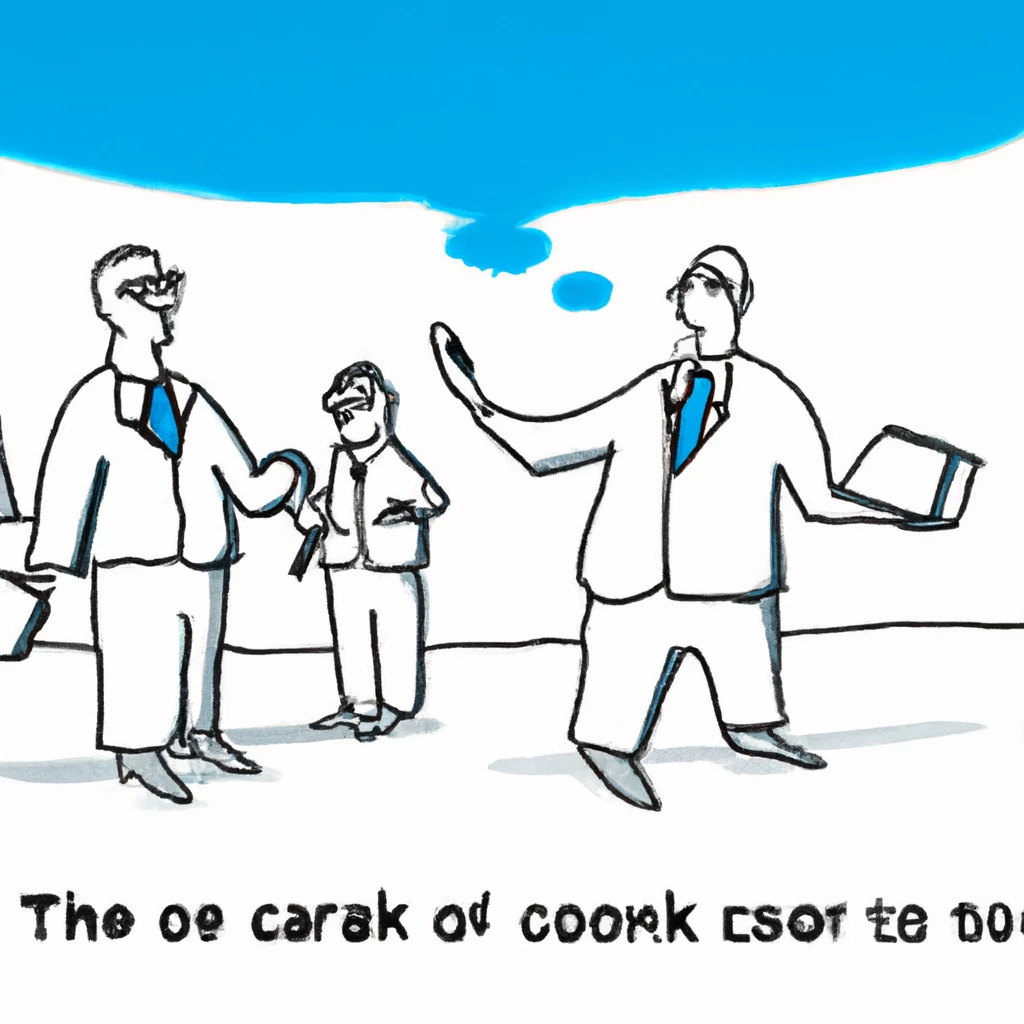What Is “Boil the Ocean”?
“Boil the ocean” is an idiom that signifies attempting an impossible task or needlessly complicating a job or project. This phrase commonly surfaces in business, startup environments, and group dynamics as a negative assessment of one’s approach to tasks.
### Key Takeaways
– “Boiling the ocean” refers to tackling an impossible task or needlessly complicating a task.
– The phrase is utilized negatively across various settings concerning business operations or projects.
– Its origin stems from the impracticality of boiling the ocean, emphasizing the essence of futility in tasks.
– To steer clear of “boiling the ocean,” tasks should have well-defined parameters, ongoing progress evaluations, and precautions to prevent unnecessary expansion.
Understanding “Boiling the Ocean”
Literally, boiling the ocean is unfeasible due to its vastness. When applied figuratively to groups or projects, it suggests making a task overly complex to the point of becoming unattainable.
The phrase also connotes an excess of detail or unnecessary complexity, often observed in verbose reports or extensive jargon.
Though attributed to various sources like Will Rogers and Mark Twain, the exact origin of the phrase remains uncertain.
How Not to “Boil the Ocean”
To avert “boiling the ocean,” project leaders must prioritize critical project components. Ensuring the right team and adequate resources are in place before commencing a project is crucial. Breaking down large projects into manageable phases facilitates progress.
Emphasizing essential project aspects while maintaining control prevents project scope creep. Establishing boundaries aligned with available resources and limiting project expansion are essential.
Clear agendas, timely discussions on progress, and structured project management help to maintain focus and prevent tasks from becoming insurmountable.
Criticism of “Boiling the Ocean”
Some experts suggest relegating the term “boil the ocean” due to its limited practicality. Breaking down complex problems into manageable components proves more effective in conserving time and resources.
On the contrary, complex organizational issues necessitate an all-encompassing approach for holistic impact across the organization’s facets.
For intricate challenges where the starting point and progression are unclear, comprehensive project breadth can be the most efficient strategy.
Examples of “Boiling the Ocean”
In a scenario where a manager demands language versions for a simple presentation, such as Spanish, French, and more, the task becomes needlessly complex, akin to boiling the ocean.
A startup aiming for ambitious goals like securing funding and going public within months exemplifies boiling the ocean by setting improbable objectives.
What Does It Mean to Not Boil the Ocean?
Saying “don’t boil the ocean” advises against overwhelming commitments that are unachievable in a set timeframe, echoing the idiom’s cautionary essence.
How Do You Avoid Boiling the Ocean in Business?
To evade “boiling the ocean,” individuals or entities should maintain a realistic view of achievable goals within constraints. Incremental progress rather than insurmountable tasks is key.
What Other Idioms Involve the Ocean?
The saying “a drop in the ocean” alludes to a minuscule contribution insufficient for the task at hand, akin to a $500 saving for a $500,000 home purchase.
